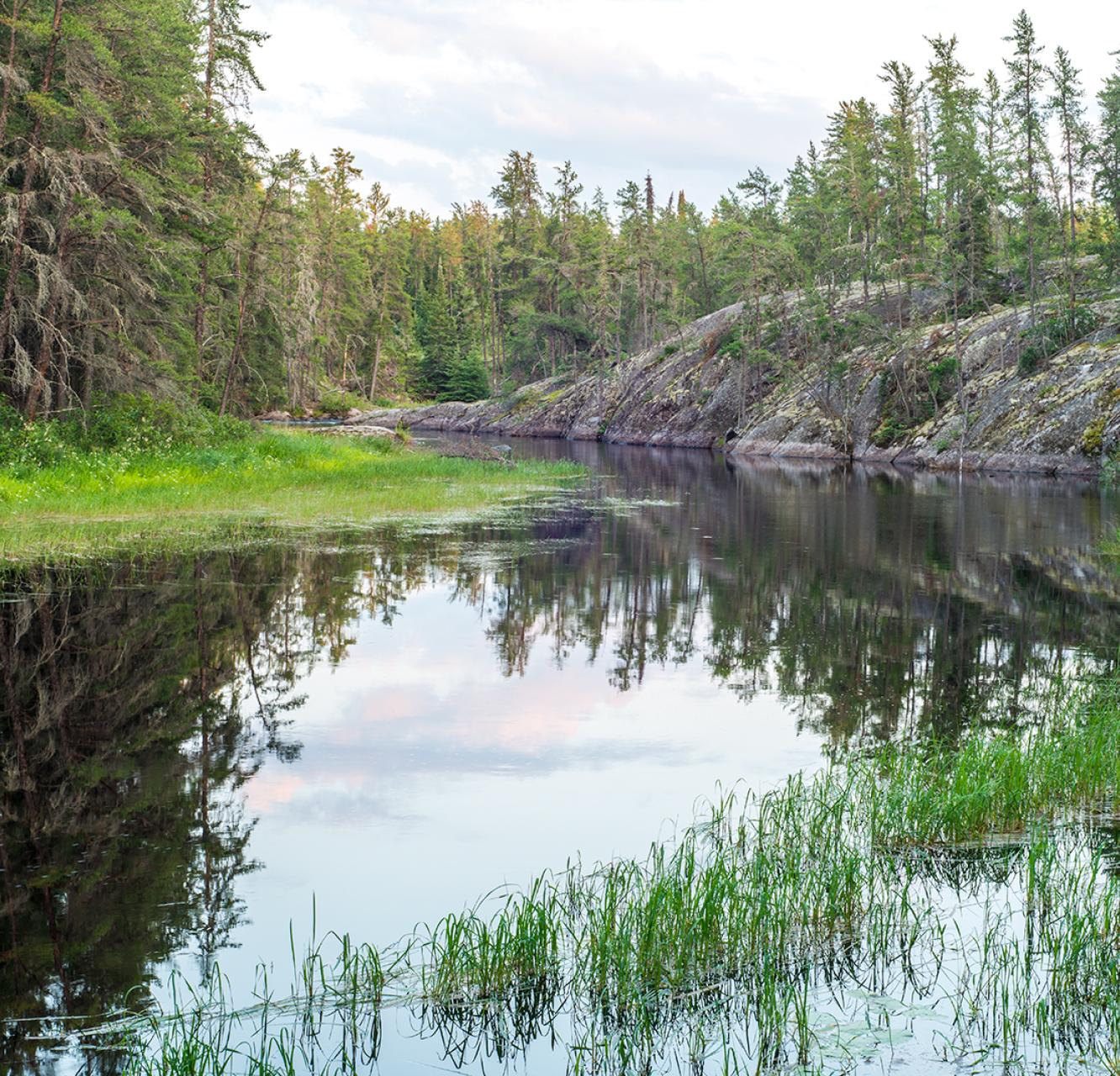Development ban placed on boreal forest, 800,000 hectares protected
Tuesday, June 21, 2011
It got little fanfare in the flurry of government announcements last week, but observers say it's no less important to the protection of the east side of Lake Winnipeg from development.
On Thursday, just as the legislative session was ending, the Selinger government said it had legally designated 807,650 hectares of boreal forest and wetlands on the east side of the province as protected traditional territory for the Poplar River First Nation.
It effectively bans logging, mining or development of oil, petroleum, natural gas or hydro-electric power resources, but not the building of an all-weather road.
Manitoba Wildlands director Gaile Whelan Enns said the announcement was likely muted -- the NDP promotes the UNESCO bid at almost every opportunity -- because the process has been slower than anticipated.
"It's not like it's a great success overall," she said Monday.
"There are some things that aren't going so good. I think they've got a lot to do still."
She said that includes the slow speed at which the other three bands involved in the UNESCO bid -- a fourth is in Ontario -- are submitting their own land-use plans under the province's 2008 East Side Traditional Lands Planning and Special Protected Areas Act.
Poplar River, about 400 kilometres north of Winnipeg, is the first community to proceed with the land-use planning designation, something that allows it to have the final word on what happens on its land, and still continue to have access the area for hunting, fishing and trapping.
The First Nation plans to develop the land for ecotourism and cultural education.
Eric Reder of the environmental group the Wilderness Committee said despite the lack of a more formal government announcement, the designation is significant because the area is now one of Manitoba's largest protected areas.
"It's the first major protected area in well over a decade," Reder said.
With the Poplar River plan accepted, the other bands should soon follow, he said.
"If the community doesn't push for this, it won't happen," he added.
A provincial spokesperson said Monday the province did not hold a formal announcement at the request of Poplar River, which wants to hold a celebration in the community this summer. A spokesman for Poplar River was unavailable.
The Pimachiowin Aki Corp., a partnership of the five First Nations, is leading the push to have a 40,000-square-kilometre area designated a UNESCO World Heritage site. The bid goes to Parks Canada this fall and then to UNESCO in 2012.
Republished from the Winnipeg Free Press print edition June 21, 2011 A6





